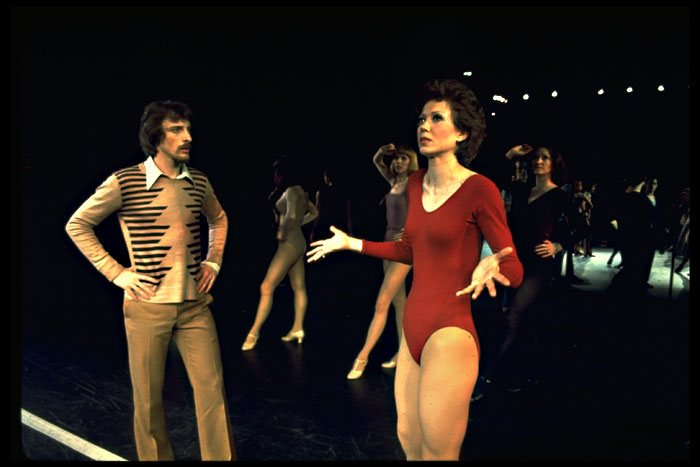

As dialogue and characterization became more important, the chorus made less of an appearance. Later dramatists depended on the chorus less than their predecessors. The importance of the chorus declined after the 5th century BCE, when the chorus began to be separated from the dramatic action. Decline in antiquity īefore the introduction of multiple, interacting actors by Aeschylus, the Greek chorus was the main performer in relation to a solitary actor. They also served as the ancient equivalent for a curtain, as their parodos (entering procession) signified the beginnings of a play and their exodos (exit procession) served as the curtains closing. A Greek chorus was often led by a coryphaeus. To do this, they used techniques such as synchronization, echo, ripple, physical theatre and the use of masks to aid them. As the Greek theatres were so large, the chorus' actions had to be exaggerated and their voices clear so that everyone could see and hear them. The chorus had to work in unison to help explain the play as there were only one to three actors on stage who were already playing several parts each.


They often communicated in song form, but sometimes spoke their lines in unison. There is evidence that there were strong rhythmic components to their speaking. The chorus performed using several techniques, including singing, dancing, narrating, and acting. There were twenty-four members in comedies. Fifteen members were used by Euripides and Sophocles in tragedies. Aeschylus likely lowered the number to twelve, and Sophocles raised it again to fifteen. The chorus originally consisted of fifty members, but some later playwrights changed the size. Spoken words cannot do that, suggesting that this was a danced and sung rhythm. However, some lyrics in Greek odes have long syllables that are equal to 3, 4 and 5 shorter syllables. Normal syllabic structure has long sounds that are twice the length of short sounds. The lines of choral odes provide evidence that they were sung. In Aeschylus' The Eumenides, however, the chorus takes the part of a host of avenging Furies. In Aeschylus' Agamemnon, the chorus comprises the elderly men of Argos, whereas in Euripides' The Bacchae, they are a group of eastern bacchantes, and in Sophocles' Electra, the chorus represents the women of Argos. They were often the same sex as the main character. The chorus represents, on stage, the general population of the particular story, in sharp contrast with many of the themes of the ancient Greek plays which tended to be about individual heroes, gods, and goddesses. The chorus too should be regarded as one of the actors it should be an integral part of the whole, and share in the action, not in the manner of Euripides but of Sophocles. His chorus passages were more relevant to the plot and more integrated in tragedies, whereas the Euripidean choruses seemingly had little to do with the plot and were often bystanders. Of the two, Sophocles also won more dramatic contests. Scholars have considered Sophocles to be superior to Euripides in his choral writing. Some historians argue that the chorus was itself considered to be an actor. The chorus often provided other characters with the insight they needed. In many of these plays, the chorus expressed to the audience what the main characters could not say, such as their hidden fears or secrets. According to Schlegel, the Chorus is "the ideal spectator", and conveys to the actual spectator "a lyrical and musical expression of his own emotions, and elevates him to the region of contemplation". They commented on themes, and, as August Wilhelm Schlegel proposed in the early 19th century to subsequent controversy, demonstrated how the audience might react to the drama. Plays of the ancient Greek theatre always included a chorus that offered a variety of background and summary information to help the audience follow the performance. The 'orchestra', in which a chorus had its being, is literally a 'dancing floor'." From this, it can be inferred that the chorus danced and sang poetry. The word ode means not something recited or declaimed, but 'a song'. Kitto argues that the term chorus gives us hints about its function in the plays of ancient Greece: "The Greek verb choreuo, 'I am a member of the chorus', has the sense 'I am dancing'.


 0 kommentar(er)
0 kommentar(er)
